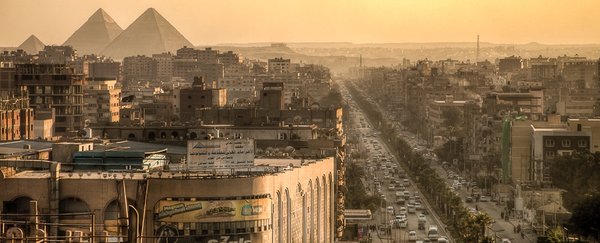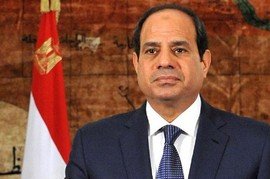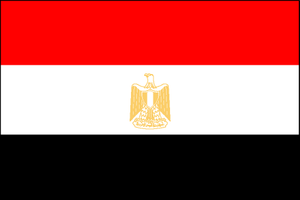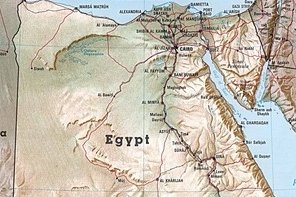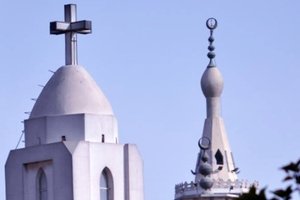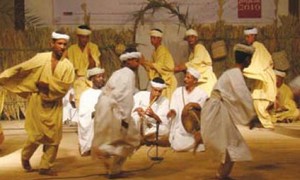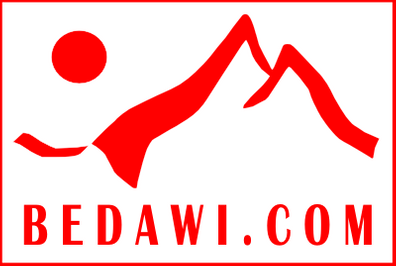"Travel is fatal to prejudice, bigotry and narrow-mindedness."
- Mark Twain
Read our NEED TO KNOW section when you are planning a trip to Egypt. Marhaba!
Some say there is never a dull moment in the Arab Republic of Egypt.
This is for sure a fact since January 25, 2011 when the people of Egypt ousted their president, voiced against government corruption, police brutality, high unemployment and inflation and their desire for freedom, justice, a responsive non-military government and a voice in managing Egypt's resources.
Since 2014 the sixth president of Egypt is Abdel Fattah El-Sisi.
The currency is the Egyptian Pound and the country code is 20.
Cairo is Egypt's capital with 22 million inhabitants of the 106.2 million Egyptians (05/2022) of which 60% is under 30 years old. This makes Egypt Africa's third most populous country (after Nigeria and Ethiopia) and the largest Arab state. About 95% of Egyptians live in the Nile Valley, on less than 5% of Egypt's territory and thus this is one of the world's densely populated area's.
The Egyptian flag is similar to the flags of Syria, Iraq and Yemen with three bands of red, white and black from the Arab Liberation flag with the golden eagle of Saladin on the white band. Black represents oppression, red represents the bloody struggle against oppression and white is symbolic of a bright future.
Egypt is a diverse and large country on the African continent and the Sinai Peninsula forms a bridge between Africa and Asia (so residents there identify more with neighboring Arab countries). It is in total an area of 1.002 million km², a coastline of 2.450 km and Mount Sinai (2.285 m) as highest point. Egypt borders with Gaza (just 51 km), Palestine (255 km), Israel (266 km), Libya (1.115 km) and Sudan (1.273 km).
It exports crude oil, gas and petroleum products, cotton, textiles, chemicals and metal products. It has iron ore, gypsum, phosphate, manganese, talc, lead, limestone, asbestos, zinc and its main industries are in textiles, food processing, chemicals and tourism.
Egypt has about 108.395 mosques, 2.869 churches and 33 Monasteries (in March 2011). About 90% of the people is Sunni Muslim and about 10% is Christian of which the majority belong to the Coptic Orthodox Church. Less than 2% belong to other Christian communities like the Armenian Apostolic, Catholic (Roman, Armenian, Chaldean, Greek, Melkite and Syrian), Maronite, Orthodox (Greek and Syrian) and Anglican/ Episcopalian churches and a Protestant community. There are less than 70 Jewish Egyptians, mostly senior citizens. (in March 2011). Shia Muslims are less than 1% of the population and small groups of Quranists and Ahmadi Muslims.
The life expectancy in Egypt is 72.38 and the percentage of literacy is 70% (2022). Egypt has indigenous groups like the Berber, Nubian and Bedouin people, who make your visit to Egypt even more colorful.
The Sinai Peninsula is about 64.500 km² and has an estimated population of 600.000, of which 450.500 live in North Sinai and 149.500 live in South Sinai. It is estimated that only 220.000 of its inhabitants are Bedouin (2022).
But of course, Egypt is more known for its ancient history, its monuments like the pyramids, the Suez Canal and its diving and beach resorts on the Red Sea.
